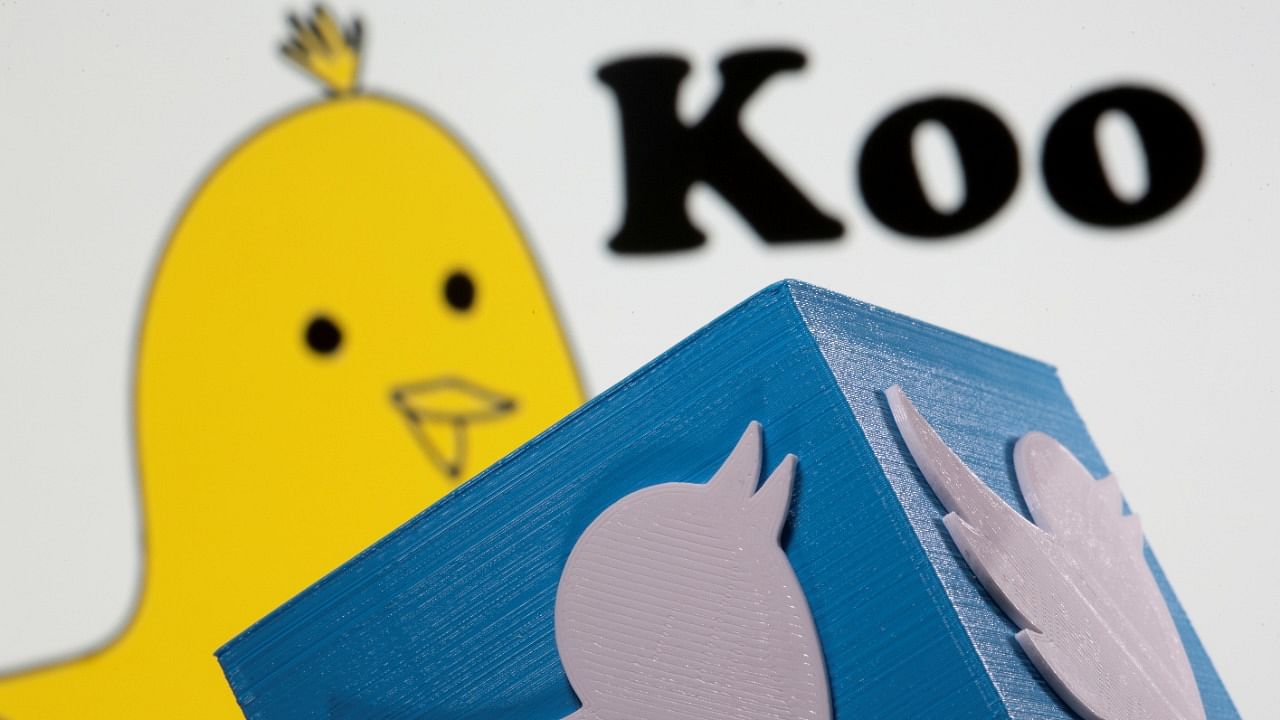
By Mihir Sharma,
When India’s minister for commerce and industry recently urged his followers to “connect with me” on Koo, an “Indian micro-blogging platform,” he did so on Twitter. That should be a lesson to the US social media giant: In its battles with India’s government and others around the world, the platform needn’t surrender its principles too easily.
The implied threat from ruling party officials to switch en masse from Twitter to India’s version of Parler is the latest salvo in a not-so-secret war. Like much else in Indian politics in recent weeks, the conflict has been sparked by the agitation against new farm laws, which continues to smoulder on the outskirts of Delhi.
The government is pressing Twitter Inc. to shut down accounts which recently used a hashtag that — inaccurately and unfairly — accused India’s prime minister of committing a “farmer genocide.” The targets include a magazine that just won Harvard University’s Neiman Foundation award for journalistic integrity, as well as prominent politicians and journalists.
Twitter initially complied with the demand, then later unblocked some of the accounts, including those of journalists, activists and politicians. The government had threatened Twitter executives in India with up to seven years in jail if they didn’t reverse themselves. The country’s technology minister issued a veiled threat, saying social media companies were welcome to operate in India only if they adhered to Indian laws.
Also read: Tussle between Centre and Twitter continues
The company should stand firm. It has three important factors on its side — the law, its own principles and its reach.
First and foremost, Twitter is correct in saying that the orders from the government are not “consistent with Indian law.” If any Indian is denied access to the internet by government fiat, they are supposed to be given a valid reason, in writing, so they can then challenge the order in court. In this case, it’s hard to see how an unfounded accusation, inflammatory though it was, justifies a “reasonable restriction,” as the Constitution puts it, on online political speech.
When the law was originally passed, civil rights advocates worried that the social networks would have little incentive to challenge government orders. The fact that Twitter has is not just a pleasant surprise — it’s how the law was meant to work.
Second, as a matter of principle as well as sound business, companies should generally avoid shifting their standards with each time zone. In a globalized world, multinational corporations, particularly the big tech platforms that service the democratic public sphere, simply can’t afford to adopt different norms in different markets.
Yes, plenty of companies in the past have pretended to sainthood at home while propping up autocrats abroad. That possibility no longer exists, however, partly because these same globe-spanning platforms have knit the world together. The next time tech CEOs are called before the US Senate, some member of the committee might at least ask what norms they are exporting to other countries.
Also read: Social media platforms must follow law of the land; Twitter adopting double standards, slams Centre
And taking a stand in India is more important than ever. Nobody can question the country’s democratic credentials: Elections remain free, if not 100% fair. But it is hard to deny that civil liberties are being eroded in the country. Elderly activists are being held in jail, without bail, based on evidence that US-based experts claim was “digitally planted.” Amnesty International has been forced out of the country; independent news organizations are being accused of “money laundering” and subjected to day-long raids.
Companies that want to operate in such an atmosphere will naturally face pressure to make compromises. That is and always has been the price of doing business in illiberal regimes. But the new tech giants, whose decisions determine the vibrancy of the global public sphere, are particularly important. If they bend too far, they risk becoming arms of the Indian state in its attempts to intimidate citizens — and other companies.
It would also be self-defeating, as they will expose themselves to further pressure. The moment such companies start making compromises with governments, they lose any claim to special protection from interference. Facebook Inc., which according to the Wall Street Journal has resisted pressure to cut off members of India’s ruling party for alleged hate speech, may yet come to regret its decision.
For now, the best hope for both Facebook and Twitter to escape the wrath of the Indian state is the fact that politicians have become accustomed to seeing their fortunes in the ruling party rise based on how many followers they have. Giving up all that social capital isn’t easy. And the best way for the platforms to ensure that they remain indispensable to political discourse in India is to show that they’re standing up for the rights of ordinary Indians to speak and debate freely. If they’re not indispensable, it will be all-too-easy for officials to dispense with them.